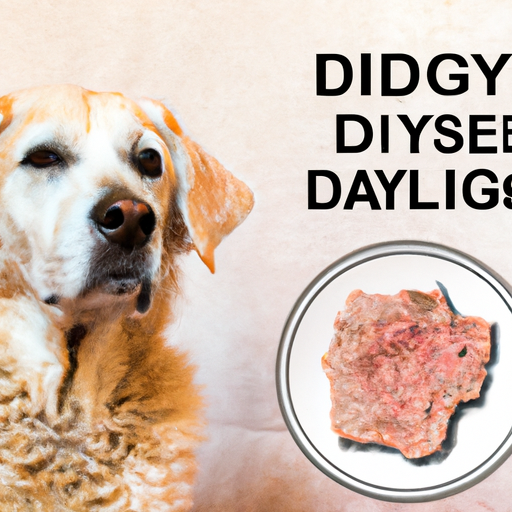Understanding Your Dog’s Skin
As a devoted caregiver, you might think that your dog’s skin is just like yours. But in fact, it’s quite different. While the basic structure is the same, a dog’s skin is much thinner and more sensitive than a human’s. This makes it more susceptible to a variety of conditions, including dryness. In addition, your dog’s skin is often covered with a layer of fur, which can hide signs of dryness until the problem becomes severe.
Common Causes of Dry Skin on Dogs
There are numerous reasons why your dog might be suffering from dry skin. Let’s take a look at some of the most common ones:
- Allergies: Just like humans, dogs can be allergic to a wide range of substances, from certain foods to environmental factors like pollen or dust mites. These allergies can cause dry, itchy skin.
- Fleas and Parasites: Parasites like fleas and mites can cause severe skin irritation and dryness.
- Poor Nutrition: If your dog isn’t getting the right nutrients, it can impact their skin health. A diet that’s low in fats and essential fatty acids can lead to dry skin.
- Environmental Factors: Dry air, especially during winter, can cause your dog’s skin to dry out. Similarly, frequent bathing or the use of harsh soaps can strip away the natural oils in your dog’s skin, leading to dryness.
- Underlying Health Issues: Certain health conditions, such as hypothyroidism or kidney disease, can cause dry skin in dogs.
How to Identify Dry Skin on Dogs
You might be asking yourself, “How do I know if my dog has dry skin?” Well, there are a few signs you can look out for:
- Dandruff or flakes in your dog’s fur
- Scratching, licking or biting at their skin
- Redness, bumps or rashes
- Hair loss
- Rough, dry patches of skin
Treatments for Dry Skin on Dogs
Once you’ve identified that your dog has dry skin, the next step is to decide on a course of treatment. Here are some options you might consider:
- Change in Diet: If your dog’s diet is the cause of their dry skin, you might need to change what they’re eating. Look for dog food that’s high in essential fatty acids, which can help to improve skin health.
- Medication: In some cases, medication might be necessary to treat your dog’s dry skin. This could include anti-inflammatory drugs, antibiotics, or medicated shampoos.
- Supplements: Adding supplements like fish oil to your dog’s diet can help to improve their skin health.
- Environmental Changes: If dry air is causing your dog’s skin problems, consider getting a humidifier for your home. Also try to limit your dog’s exposure to harsh soaps and shampoos.
Frequently Asked Questions
Q1: Can I use human moisturizer on my dog’s dry skin?
A1: No, human skincare products can be harmful to dogs. Always use products designed specifically for dogs.
Q2: How often should I bathe my dog if they have dry skin?
A2: Over-bathing can dry out your dog’s skin. Aim for once a month, and use a gentle, dog-specific shampoo.
Q3: Can dry skin on dogs lead to more serious health issues?
A3: Yes, untreated dry skin can lead to infections and other skin disorders.
Q4: Is dry skin on dogs more common in certain breeds?
A4: Yes, some breeds are more prone to skin issues, including bulldogs, retrievers, and spaniels.
Remember, as a caregiver, it’s essential to monitor your dog’s skin health regularly and seek veterinary advice if you notice any unusual changes. Your dog’s skin is a window to their overall health, so keep it in the best shape possible.



